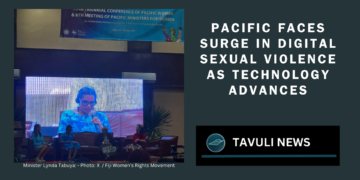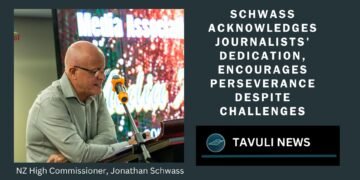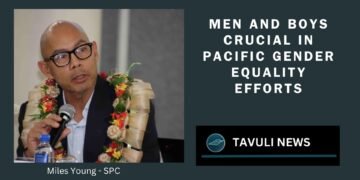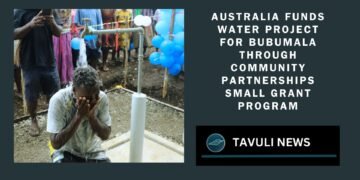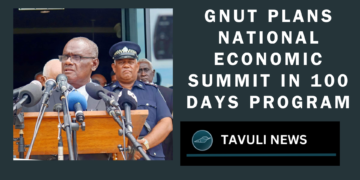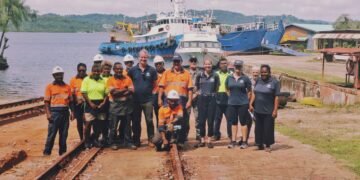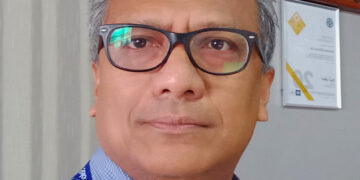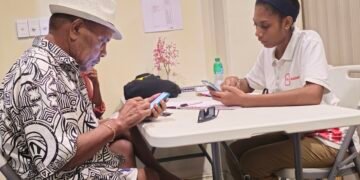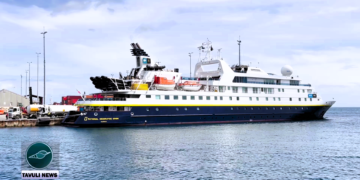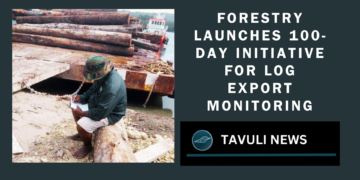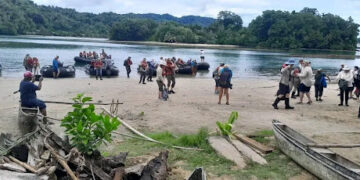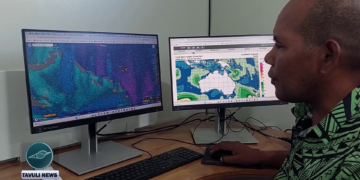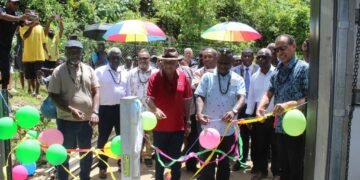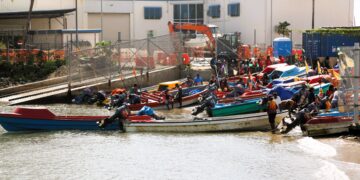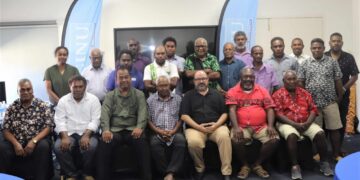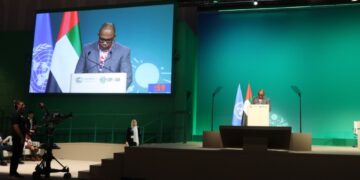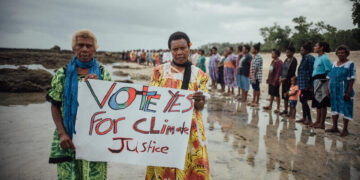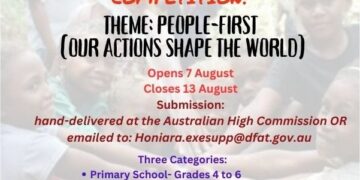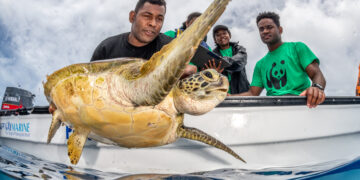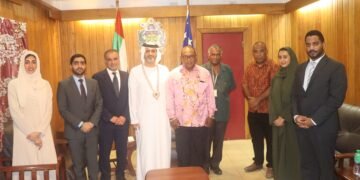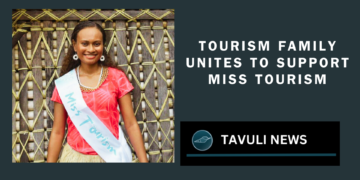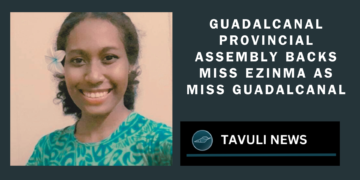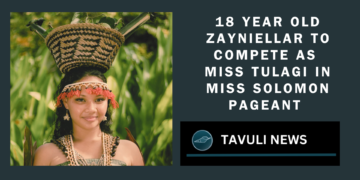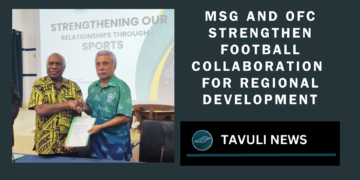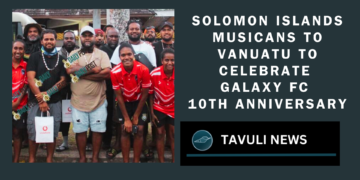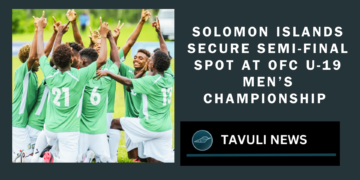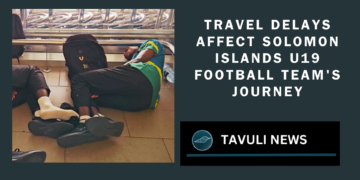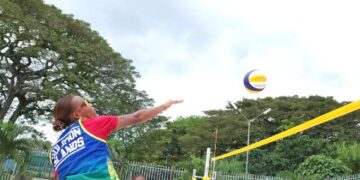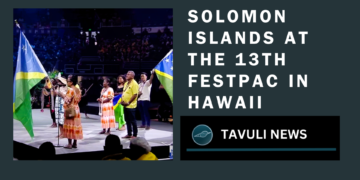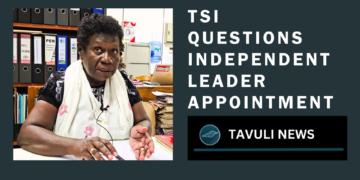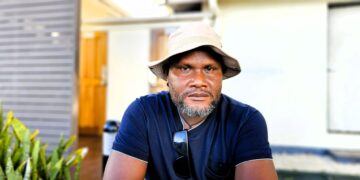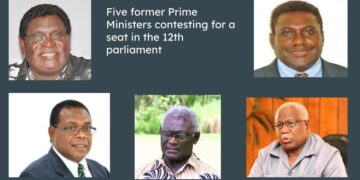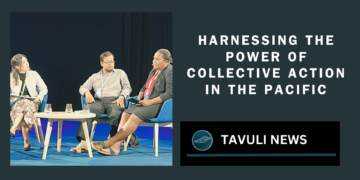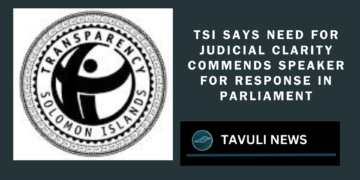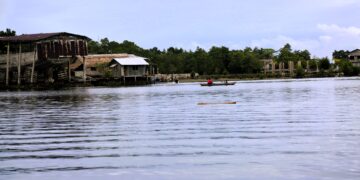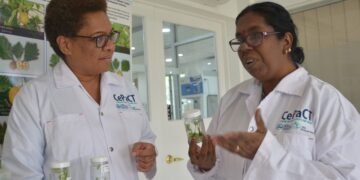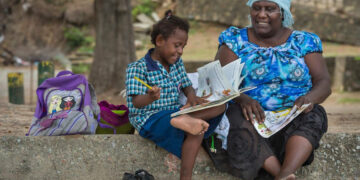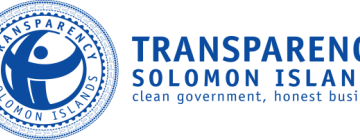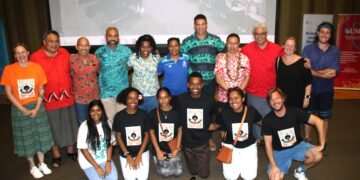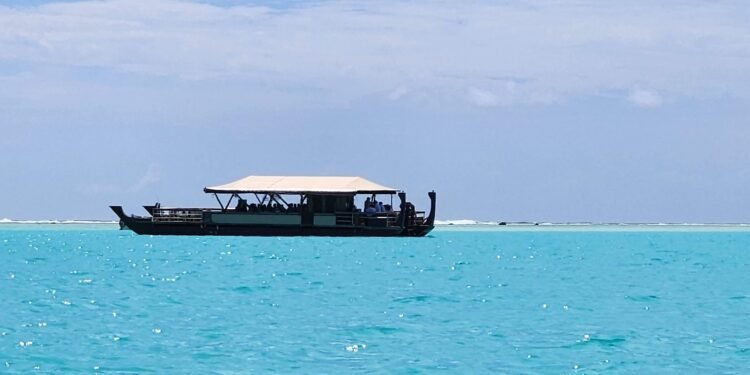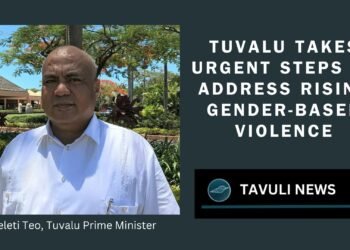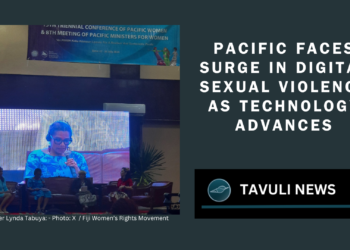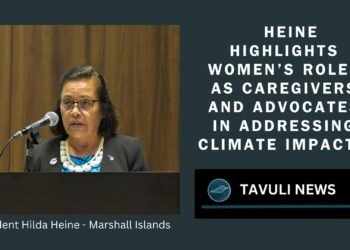Teieniwa Vision rallies Pacific Island countries for transparency and good governance
In the ever-changing political landscape of the Pacific, a collective commitment known as the Teieniwa Vision is steering the region towards unity against corruption. Recognizing that progress and aspirations for a harmonious and prosperous Pacific hinge on addressing corruption, Pacific Island countries have come together under the Teieniwa Vision, emphasizing the need for transparency, accountability, and good governance.
The Teieniwa Vision, born in 2020 and recently updated at the 52nd Pacific Island Leaders Summit, reflects a commitment to global anti-corruption efforts outlined in the United Nations Convention against Corruption (UNCAC) and the Sustainable Development Goals (SDGs), with a particular focus on SDG 16. Pacific leaders emphasize the importance of political will and leadership at all levels to effectively tackle corruption.
Right to Information a Pillar of Transparency and Accountability
The Pacific Anti-Corruption Journalist Network (PACJN) has been at the forefront of advocating for the central role of corruption in the Pacific forum. Rimon RIMON, a Kiribati-based investigative reporter and PACJN member, highlights the challenges faced by journalists in addressing corruption, stating, “Carrying out my work in just informing the people is very hard. Knocking on the door, usually doors are often locked or not. So it’s quite a confusion and conflict of understanding when you come around to a circle of leaders commending Kiribati for its leadership.”
The Teieniwa Vision recognise and support the right to information, the need to protect genuine whistle-blowers and for an independent civil society and responsible media to be involved in national and regional anti-corruption efforts. In many democratic societies, the right to information is considered a fundamental aspect of transparency and accountability. This right empowers citizens and journalists to access information held by public authorities, promoting openness and deterring corruption. Genuine whistle-blowers, individuals who expose wrongdoing within organizations, are often seen as crucial allies in the fight against corruption. Protecting them from retaliation is essential to encourage others to come forward with valuable information.
52nd Pacific Island Forum Leaders Meeting
Kiribati’s Leadership
The Teieniwa vision was established during a gathering in Tarawa, Kiribati, from February 4 to 5, 2020, with the President of Kiribati presiding as the Chair. In attendance were the Prime Minister of Samoa, Prime Minister of the Cook Islands, Vice President of Kiribati, Ministers from the Kingdom of Tonga and the Solomon Islands, Ambassador of the Republic of the Marshall Islands, High Commissioners of Australia and New Zealand, and the representative of Fiji. The Pacific Leaders collectively commit to Pacific Unity Against Corruption, recognizing that the realization of the Pacific progress and aspirations for a peaceful, harmonious, and prosperous region hinges on addressing corruption impartially.
The Teieniwa Vision, contain in the Kiribati word for sail (ie) and canoe (waa), signifies a journey of collaboration in the vast Pacific Ocean — encountering both tranquility and stormy weather. Henry Puna, the Secretary-General of the Pacific Islands Forum (PIF) and Chairman of the Forum, Cook Islands Prime Minister Mark Brown recognizes the media’s pivotal role, saying the theme “Our Voices, Our Choices, Our Pacific Way” resonates in many ways for the Pacific people. “We are here trying to look at opportunities to lift the prosperity levels of our people to address serious concerns around financing to improve infrastructure around investment to provide opportunities for our people to participate in a growing economy”, Brown told Pacific Media.
As the Pacific region spearheads the fight against corruption, Kiribati assumes a leadership role in forming a taskforce under the Teieniwa Vision. Journalist Rimon RIMON expressed his curiosity about the implementation plans of the taskforce by the Kiribati government.
“If you pledge for it, just don’t talk the talk but walk the talk”, says RIMON.


